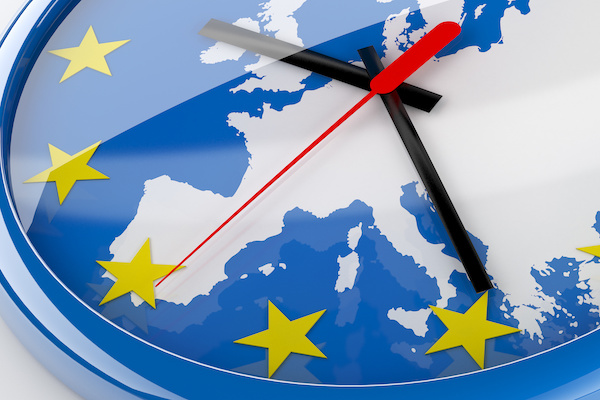01 March 2017
Electricity Industry Observatory: tutorial about the energy bill


To celebrate the redesign of the Electricity Industry Observatory (Observatoire de l’Industrie Electrique (OIE) in French)‘s website on Wednesday February 2nd, UFE invited several eminent officials of the energy sector to discuss the impact of the energy transition on energy bill for consumers. The great amount of attendants and the high-level debates illustrate the keen interest for this issue, and remind, if need be, the importance of conducting energy policy in the most efficient way.
The main elements of OIE’s last report were presented to provide the basis for discussion. In particular, it was reminded that the energy bill, which amounts to 2860€ per household on average and almost 6% of the added value for industrials, depends on both energy pricing and consumed volume. On the other hand, energy prices comprise the cost of energy per se, distribution and transmission costs as well as taxes, knowing that public policies could impact each of those components.
While price increases, energy consumption declines
Virginie Schwarz, Energy Eirector of the General Directorate for Energy and Climate (DGEC), first pointed out the importance of pedagogical efforts, as does the OIE, to detail the factors affecting the energy bill and to explain the potential consequences of public policies. Energy transition needs significant investments, in power generation and networks. Although these investments tend to increase the energy bill, they can be compensated by the benefits made, at the consumer level, thanks to the decrease in energy consumption stemming from energy efficiency. Moreover, DGEC forecasts that energy transition will have a positive economic impact on national wealth and jobs, thus increasing the “money left” for households after energy expenses.
ADEME Deputy Director General Fabrice Boissier, underlined that their modeling revealed a decrease in that households’ “money left” for the first years of the energy transition because of the necessary investments to make. However, it should then increase when energy efficiency will provide significant results.
Jean Gaubert, national Ombudsman for energy, held that one should not expect prices to decrease, but rather anticipate the consequences of the forthcoming rise in price, which will strike consumers unequally. He called for more efficient energy efficiency actions that target the most vulnerable households.
Taxation is up to public authorities
Christian de Perthuis, professor at the Paris-Dauphine University, underlined that state aid could be significantly improved. Indeed, for him as for Jean Gaubert, state aids create substantial windfall effects, meaning that they have little influence on households’ behavior. Their behavior is indeed hardly led by economic calculation. It is therefore essential to supplement tax decisions with a political rhetoric on the objective pursued. For instance, the energy climate contribution should be better explained and claimed as a tool for environmental taxation that aims to attain the factor 4 by 2050, in order to keep increasing it even when hydrocarbon price will increase.
Questioned on this matter by Christine Goubet-Milhaud, president of UFE, Virginie Schwarz also mentioned the importance of the political message to supplement fiscal decisions. Fighting climate change thus results in energy climate contribution but also renewable energy funding, now supported by the consumption of high-carbon energy.
From the energy bill to the social dimension of the energy transition
The debate focused more broadly on the acceptability of the energy transition, an issue that relates both to changes in the energy bill, but also to the social consequences of this transition. Fabrice Boissier noted that energy policy is associated with tools of industrial policy, such as the Programme for investments of the future, which supports innovation and risk-taking in France.
For Christian de Perthuis, the energy transition will create jobs and destroy others. Beyond the net balance between the two, the main issue is that jobs created and jobs destroyed are not analogous and will not affect the same companies. For Virginie Schwarz, consequences on the different sectors affected and on territories must actually be considered. She underlined that much work remains to be done to anticipate and guide every transition and reconversion, and committed to work in particular with the UFE to move forward on these issues.
L’Observatoire de l’industrie électrique
L’Observatoire de l’Industrie électrique is a referent website managed and supplied by the French Union of Electricity, the trade association for the French electricity sector. L’Observatoire de l’Industrie électrique aims at clarifying the issues and the role of electricity in the French and European society. The website gathers:
– Essential data on the energy sector
– In-depth notes
– Pedagogical notes
In 2016, OIE counted almost 50 000 different visitors.
Find out more
02 June 2020
“Long live Europe”: it’s time for Europe!
25 February 2020
Brexit: love last 47 years


About us
The Union of the French Electricity Industry is the trade association of the French electricity sector. We bring together companies from the whole value chain of the electricity industry.
Find out more










